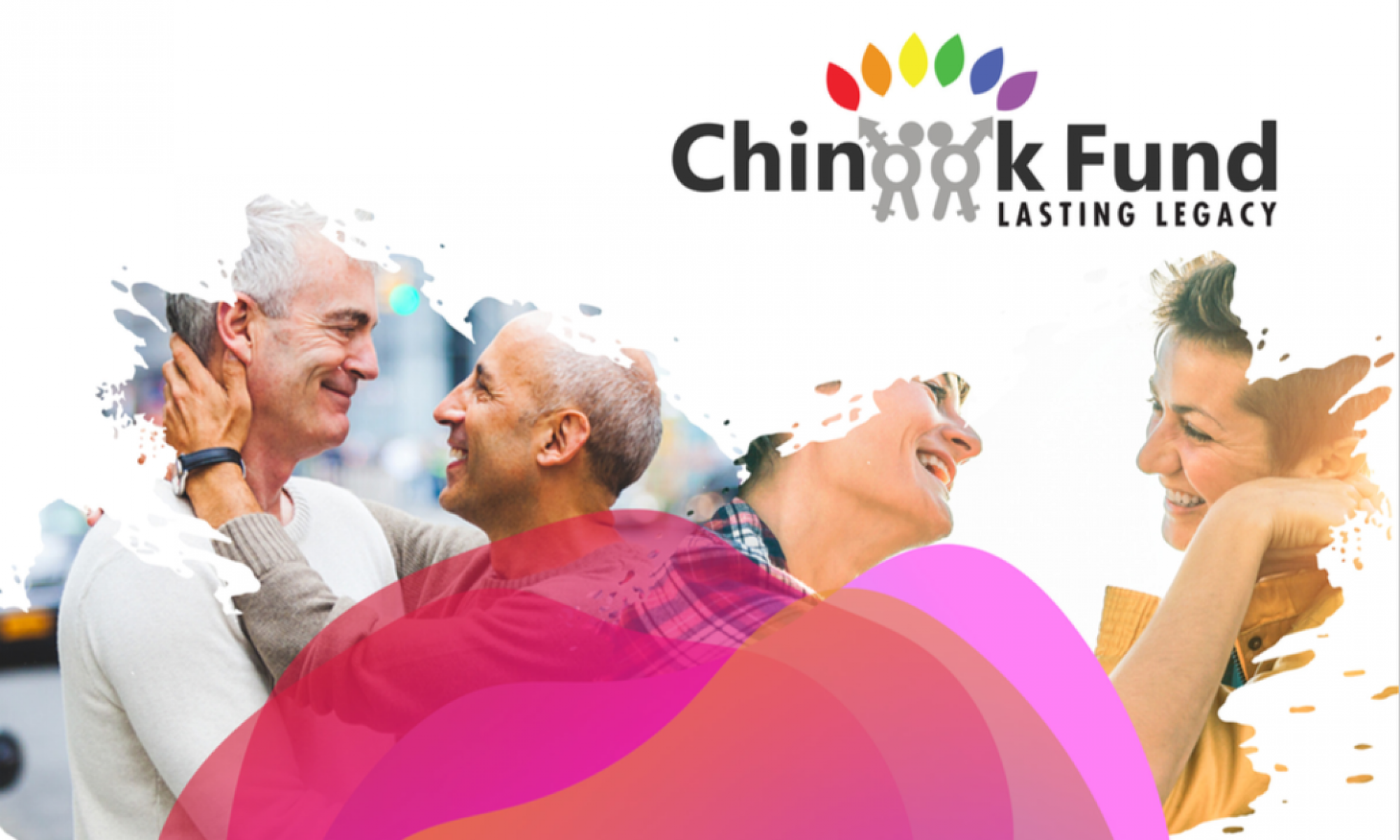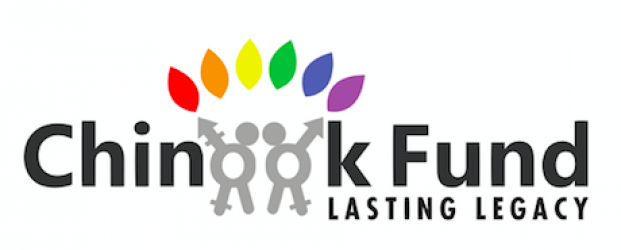Our community’s need is greater than ever
LGBTQ+ communities continue to be the among the most vulnerable in Canada. During this time of uncertainty, supporting our communities is more important than ever. Research has shown that LGBT+ people, and the organizations that support them, are more likely than most others to fall into crisis.
The United Nations says that LGBTQ+ people are among the most vulnerable to the pandemic. Our community faces health care discrimination, and higher rates of domestic violence, abuse, unemployment, and poverty, than the general population. LGBTQ+ people are overrepresented in the parts of our economy hardest hit by the pandemic.
Our people are at greater risk to COVID-19
LGBTQ+ people are in greater danger from COVID-19 than other Canadians. Research has shown that Canadians who identify as LGBTQ+ have more conditions that compromise their immune systems, are more likely to rate their health as poor, and at the same time be less likely to seek urgent care.
Canadian health professionals have found that LGBTQ+ people in Canada are uniquely vulnerable to both contracting COVID-19 and suffering under social-distancing regulations. LGBTQ+ people are more likely to suffer trauma during quarantine—either from being isolated from their community or chosen family, or from proximity to unaccepting family members.
EGALE Canada’s recent national study found alarmingly disproportionate impacts of COVID-19 on vulnerable LGBTQ+ communities. These include significantly higher layoffs or reduced employment when compared to other Canadian households and significantly higher negative impacts on our physical and mental well-being and overall quality of life.
The mental health of youth is at risk because of COVID-19
Social distancing and virtual schooling, while important from a public health perspective, are harmful to our mental health. LGBTQ+ youth have long experienced higher rates of depression, anxiety, substance abuse, and suicide. And COVID-19 is making the situation worse.
Our seniors are especially vulnerable
LGBTQ+ older people are more likely to have health disparities (often because of discrimination) leaving them at risk for greater complications from COVID-19.
As well, our seniors are more likely to live alone and experience social isolation.
LGBTQ+ older people often rely on chosen family for caregiving. But chosen family age simultaneously, tend not to live with us, and do not have legal status…all of which make it difficult to support us, particularly in a pandemic.

